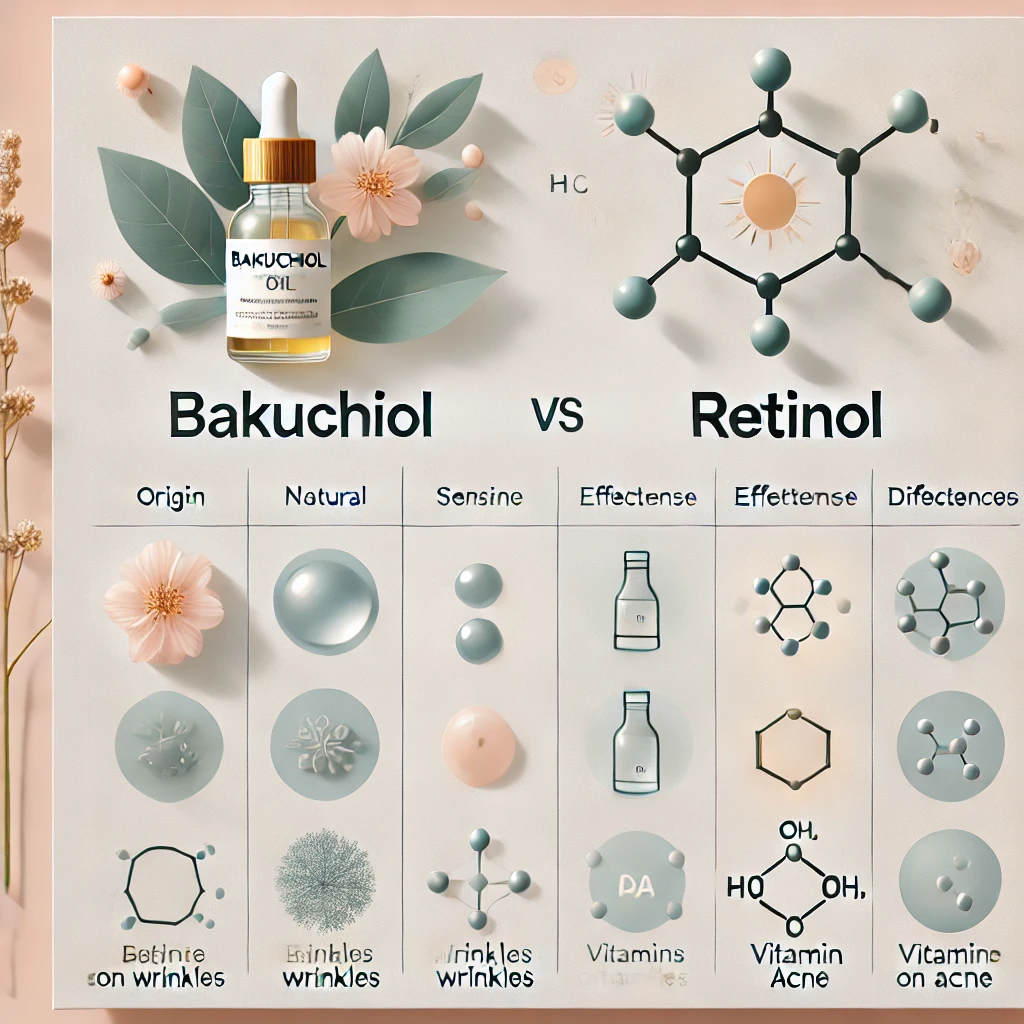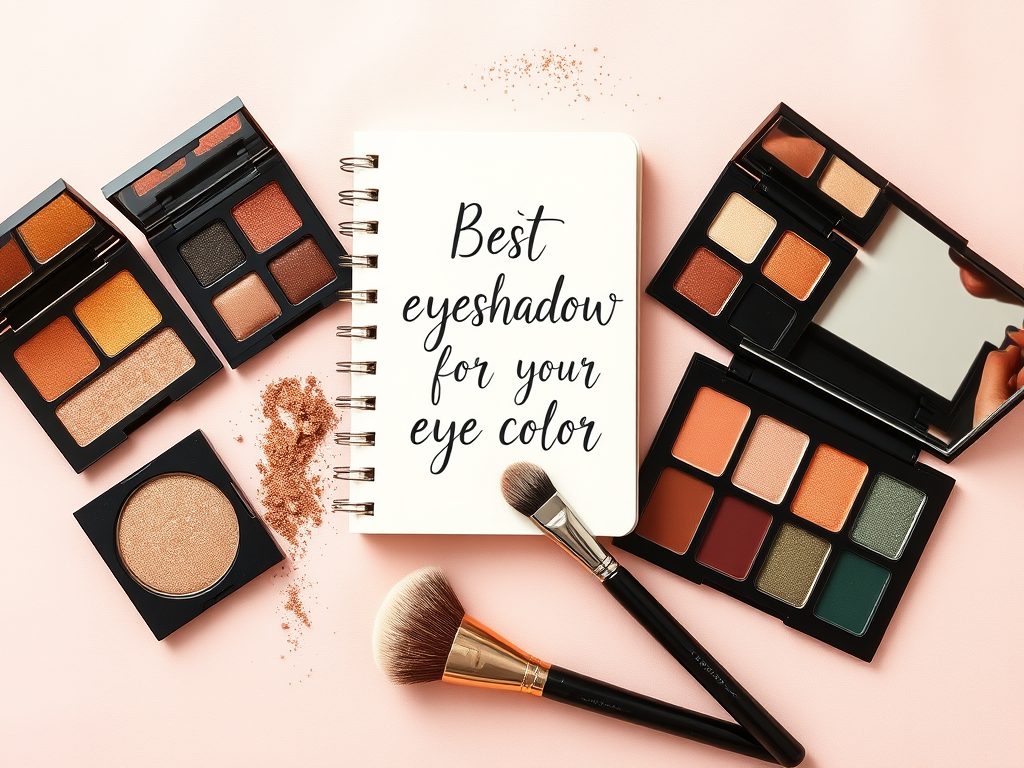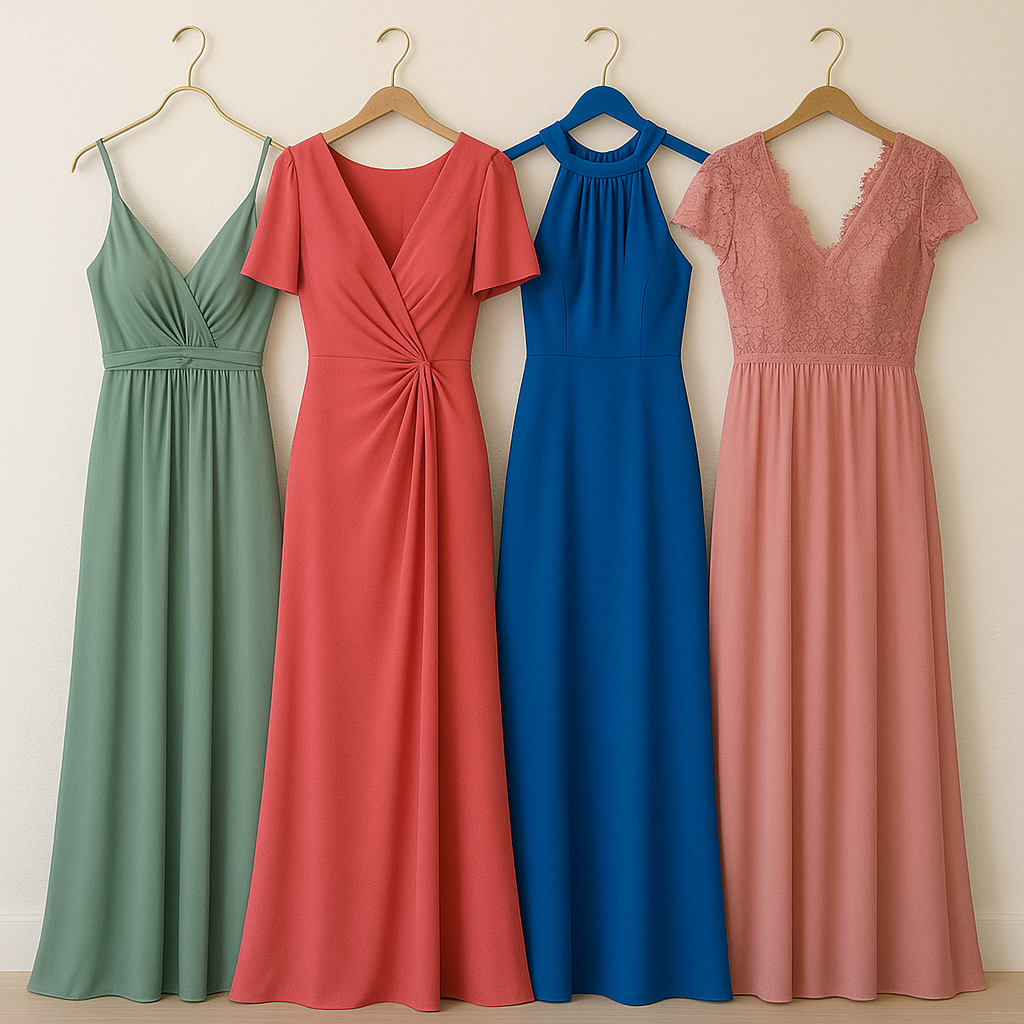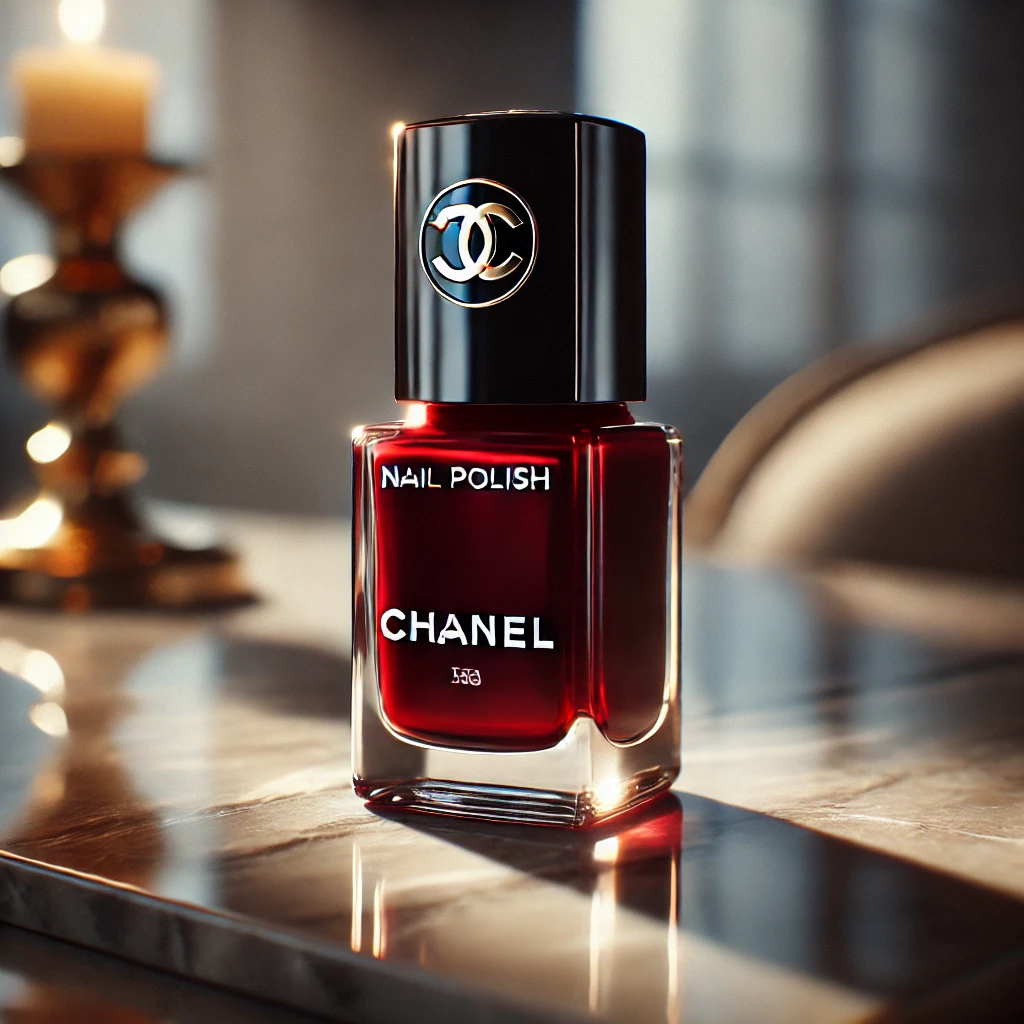Hello again my precious Tangs, today I’m throwing some light on the big question: retinol or bakuchiol? What even are those?
Today, both bakuchiol and retinol are two of the most popular ingredients when it comes to improving the health and appearance of our skin. However, although both have similar properties, they are quite different in terms of their origin, how they work, and the results they provide. If you’ve ever wondered which option is best for you, this post will help you better understand each one and make an informed decision.
What is retinol?
Retinol is a form of vitamin A, a widely recognized ingredient in the world of cosmetics for its powerful anti-aging properties. It is mainly used to treat signs of aging, such as wrinkles, fine lines, and dark spots. It is also known for its ability to combat acne, as it speeds up cell turnover and unclogs pores.
Retinol works by penetrating deeper layers of the skin and stimulating collagen production, which helps improve skin texture and firmness. It also increases cell turnover, removing dead skin cells from the surface, resulting in brighter and smoother skin. Additionally, it has a smoothing effect on wrinkles and can minimize the appearance of spots.
Although retinol is effective, it can also have some side effects, especially if used in excess or if you have sensitive skin. It can cause irritation, redness, dryness, or peeling. It’s crucial to use sunscreen during the day, as retinol can increase the skin’s sensitivity to the sun, making it more susceptible to sunburns.
What is bakuchiol?
Bakuchiol is a natural compound extracted from the seeds and leaves of the Psoralea corylifolia plant, native to India. It is often referred to as a gentler alternative to retinol, as it has similar effects without the irritation risks. While bakuchiol is not as well-known as retinol, it has gained popularity in recent years due to its anti-aging and antioxidant properties.
Bakuchiol works in a similar way to retinol by stimulating collagen production and promoting cell turnover, but it does so in a gentler way. It helps reduce wrinkles and fine lines, improves skin elasticity, and reduces dark spots or hyperpigmentation. Unlike retinol, bakuchiol doesn’t cause irritation or dryness, making it an excellent option for people with sensitive skin or those who can’t use retinol due to side effects.
In addition to its anti-aging properties, bakuchiol also has anti-inflammatory properties, which can be helpful in treating acne and rosacea. It also has a very high safety profile and is well-tolerated by most skin types.
Which one should I choose?
Choosing between bakuchiol and retinol depends on your skin and what you want to treat.
- If you have sensitive skin, bakuchiol is a great option. It works like retinol but is much gentler, and you can use it during the day without worrying about sun sensitivity.
- If you want quick results and your skin is not sensitive, retinol is the way to go. It is very effective for wrinkles, fine lines, and spots, but remember to use it carefully to avoid irritation.
However, if you’re going to use any of them, I’ll give you a few tips:n
For Retinol:
- Start with a low concentration, especially if you’ve never used retinol before.
- Use it only at night because it can make your skin more sensitive to the sun.
- Don’t forget sunscreen during the day!
For Bakuchiol:
- You can use it both day and night because it doesn’t make your skin sensitive to the sun.
- It’s perfect for those who want something gentle but effective.
Both bakuchiol and retinol are powerful ingredients for anti-aging and improving skin texture, but they work differently. If you have sensitive skin or are new to active ingredients, bakuchiol might be a better choice. On the other hand, if you want fast results and don’t mind a little irritation, retinol is a classic option.
The key is to listen to your skin and choose the right product for your needs. Whether you choose bakuchiol or retinol, remember to be consistent and always protect your skin from the sun.
I hope this post helps you understand the differences between these two popular ingredients! If you have any questions or experiences to share, leave them in the comments! Kisses!!!!







Leave a Reply